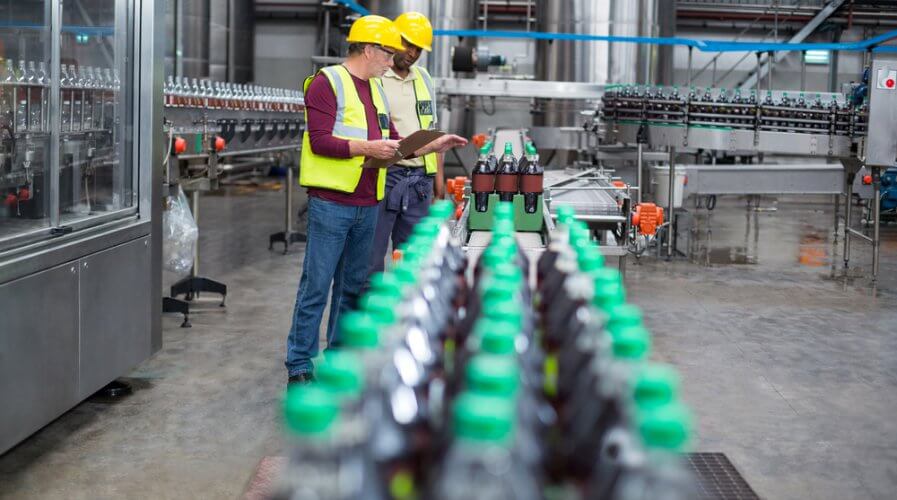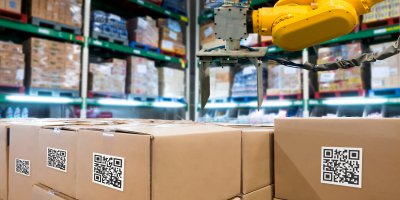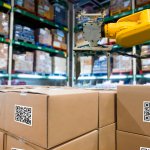
For industrial implementation, blockchains need IoT. Source: Shutterstock
Here’s how to prepare your business for the blockchain
EVERYONE is talking about blockchains and distributed ledger technology these days. Some have even found success with pilot projects, deploying blockchain on a variety of business functions – finance, human resources, and most importantly, supply chain.
Most business leaders are attracted to the technology because of the transparency it offers. However, the question that DHL’s Asia Pacific Innovation Center Director Tamanna Dahiya raised was this: Are people seeing every business problem as a nail — and blockchain as the hammer?
The truth is that not every blockchain use case on the market really needs blockchain. Conversely, not every problem businesses face can be solved with blockchain.
At a Blockchain Summit Singapore panel discussion moderated by Tech Wire Asia yesterday, Dahiya and some of her colleagues from Diageo, Olam Group, FUSION, and Zimrii Music talked about the realities of blockchain and some of its industrial applications.
Diageo CTO Manish Gupta has been exploring blockchain and its use in his business for almost a year now, and he shared some exciting insights into what he’s learned:
“Without IoT, you can’t have blockchain solutions for real-world products,” said Gupta.
And he’s right. According to Gupta, blockchains solve the trust deficit problem that arises in many industries today — including his own. However, it’s only when you add IoT to the mix that you’re able to leverage the true potential of blockchain technology.
Once physical products leave the factory, they’re distributed across the globe. In Diageo’s case, the products make it to 161 countries across the world. In order to track and trace them accurately, all through their journey to the end user, a strong IoT framework and infrastructure is needed — and the industry needs to embrace it as a whole.
“If your distributors and supply chain needs to follow different steps and adopt one set of processes for you and another for everyone else, it’s going to be difficult to sustain,” said Gupta.
A lot of businesses think of emerging technologies in isolation, but they shouldn’t. Business leaders, especially those tasked with digital transformation, must think of them as tools in their arsenal that can help create more efficiencies, craft better experiences, and revolutionize the company and the industry.
After all, as Dahiya said, in the future, industry collaborations will accelerate technology adoption and catapult each industry into a new dimension — more efficient, transparent, and responsive than ever before.
READ MORE
- Ethical AI: The renewed importance of safeguarding data and customer privacy in Generative AI applications
- How Japan balances AI-driven opportunities with cybersecurity needs
- Deploying SASE: Benchmarking your approach
- Insurance everywhere all at once: the digital transformation of the APAC insurance industry
- Google parent Alphabet eyes HubSpot: A potential acquisition shaping the future of CRM




